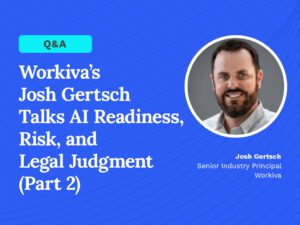Casino Customers Challenge Algorithmic Pricing in Antitrust Appeal
July 9, 2025

Mogin Law reports that a class action lawsuit brought by hotel customers has appealed the dismissal of their antitrust lawsuit against major Las Vegas casino-hotels that use algorithmic pricing.
The plaintiffs in Gibson v. Cendyn Group LLC allege that the defendants’ use of Rainmaker Group Unlimited’s algorithmic pricing software resulted in “supracompetitive” rates for rooms they rented. They argue that software-enabled coordination among competing casinos constitutes a violation of Section 1 of the Sherman Act.
The Ninth Circuit is reviewing whether vertical agreements between casinos and the software provider constitute unreasonable restraints of trade.
Rainmaker, later acquired by Cendyn Group LLC, specialized in pricing optimization software designed specifically for the hospitality and gaming sectors. Several prominent Las Vegas casinos, including Caesars Entertainment and Wynn Resorts, licensed Rainmaker’s services to set room pricing.
The plaintiffs allege that these arrangements artificially elevated prices. They initially pursued a hub-and-spoke conspiracy claim, arguing Rainmaker acted as a pricing hub, but have since abandoned that argument, focusing solely on the vertical relationship between Rainmaker and the individual casino operators.
The plaintiffs argue that the software distorted market dynamics by aligning competitor pricing, creating de facto price floors, and reducing incentives to offer discounts.
They provide empirical evidence that casinos using Rainmaker raised prices more than non-users (i.e., The Venetian) and more than a national casino hotel index.
They assert that the Las Vegas Strip is a proper market definition, and that collective casino market share supports a finding of market power.
The defendants counter that the agreements do not restrict decision-making, that price comparisons are flawed, and that using public pricing data is lawful. They claim the software offers only recommendations, not mandates.
This case raises key questions about algorithmic pricing, vertical restraints, and antitrust liability in data-driven markets. The outcome may clarify how courts assess competitive harm in the context of AI-influenced pricing agreements, particularly where coordination is indirect but impactful.
Critical intelligence for general counsel
Stay on top of the latest news, solutions and best practices by reading Daily Updates from Today's General Counsel.
Daily Updates
Sign up for our free daily newsletter for the latest news and business legal developments.



